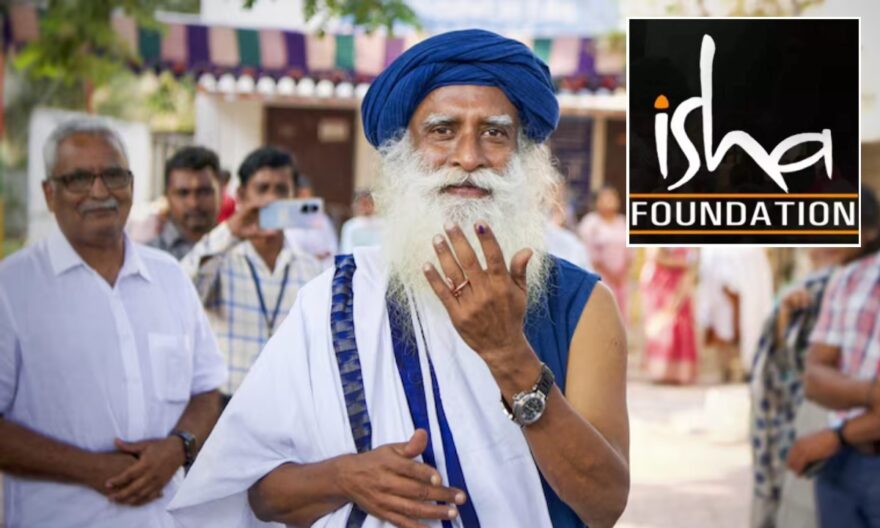
The Supreme Court on Thursday provided relief to Jaggi Vasudev’s Isha Foundation, directing the Tamil Nadu Police not to take further action based on a Madras High Court order that had called for a probe into the alleged illegal confinement of two women at the ashram.
The apex court also transferred a habeas corpus petition, originally filed in the high court by a man who claimed his daughters were being held captive at the Foundation, to itself.
A habeas corpus petition is filed to seek a court’s intervention to produce someone who is allegedly missing or unlawfully detained.
The Supreme Court bench, led by Chief Justice D.Y. Chandrachud and including Justices J.B. Pardiwala and Manoj Misra, issued the order after Isha Foundation challenged the Madras High Court’s September 30 directive, which had instructed the Coimbatore Police to gather all case details concerning the Foundation and submit them for further review.
The bench further instructed the police not to proceed with any action related to the high court’s order but required them to submit the status report to the Supreme Court.
Senior advocate Mukul Rohatgi, representing the Foundation, argued for a stay on the high court order, explaining that about 150 police officers had entered the ashram and were conducting a thorough investigation. However, the bench was informed that the police had left the premises by Wednesday night.
During a video-conference interaction, the two women in question told the court that they were living at the Isha Foundation voluntarily. The Supreme Court scheduled the next hearing for the week starting October 14.
The case began when Dr. S. Kamaraj, a retired professor from Tamil Nadu Agricultural University, filed a habeas corpus petition claiming that his two daughters, both engineering graduates, had joined the Isha Foundation and were being held against their will. Dr. Kamaraj alleged that the Foundation was manipulating individuals, turning them into monks, and preventing them from maintaining contact with their families.




